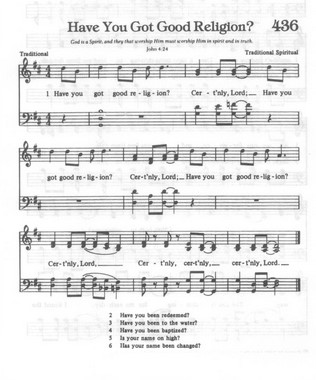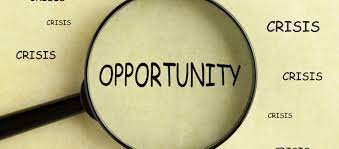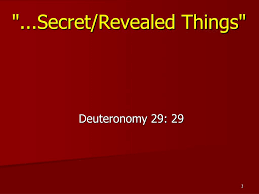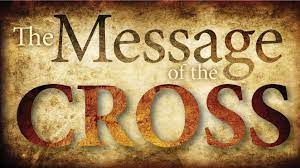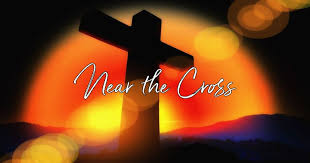Where’s the light?
This is the panicky question young children ask their parents as they enter a dark room. They are concerned in knowing where the light can be found.
Similarly, “Where is God?” is the panicky question we ask as we see our “secure” world coming unraveled before our very eyes.
Jesus is the Light
I know my last few WordBytes have centered around a song. Guess what? I have a new song for you this week. It is a familiar song typically (but not exclusively) sung during Christmas as we celebrate the advent of Jesus into this darkened world.
We’ll walk in the light, Beautiful Light,
Come where the dew drops of mercy shine bright.
Shine all around me by day and by night.
Jesus, the Light of the world.
Guess what? Jesus is STILL the Light of the world 365 days of the year!
Light that dispels the darkness
Even amid the darkness cast upon our world and our environment, nothing can extinguish the brightness that Jesus offers to “penetrate” the darkness. Why do I say that? Examine the historic evidence in the biblical record.
In the Old Testament, we first meet Jesus as part of the Holy Trinity that entered the “earth without form, and void; and darkness was upon the face of the deep. And the spirit of God moved upon the face of the waters. And God said, let there be light; and there was light.” (Gen. 1:2-3) In Creation, God’s light entered the physical realm.
In deliverance of the Israelites out of Egypt, the LORD went ahead of them in a pillar of cloud by day to guide them; by night, He provided a pillar of fire to give them light, so that they could travel by day or night. (Exod. 12:21-22). In Deliverance, God’s light showed the way.
In the New Testament, God sent the consummate Light in Jesus Christ. The Gospels give evidence of Jesus as the True Light. The Apostle John introduces Jesus in these terms in John 1:4-5, 9.
In Him was life, and the life was the light of men. And the light shines in the darkness, and the darkness did not comprehend it. That was the true Light which gives light to every man coming into the world.
Jesus was the Light that would shine on our souls and redeem us from the darkness: the bondage of Satan, and the deceitfulness of sin.
Our Journey through Darkness
Our life is perhaps a consummate example of how Jesus penetrates the darkness that rises in our life. Take time right now and reflect on when there seemed to be no answer to a problem or a solution for a particular situation. Nothing but darkness! It may have risen externally, by way of personal danger, family illness, or financial struggle.
Do we ever take time to reflect on not only, how we made it through, but more importantly, who brought us through the darkness? That’s why I journal, because it records the “dark places” in my life and how Jesus provided the light I needed to see. It also captures the scripture that the Holy Spirit shared to burst through the darkness that seemed to hem me in.
One of my “light” scriptures was given to me while experiencing my mother’s transition. It was Psalms 138:3.
In the day when I cried, thou answered me, and strengthened me with strength in my soul.
Another came from Habakkuk 3: 19:
The Lord God is my strength, and he will make my feet like hinds’ feet, and he will make me to walk upon mine high places.
In my dark places and in my tight spaces, Jesus has been and will always be my Light.
Walk in the Light
Today, we don’t have to stay in darkness. We must be careful not to be deceived in believing that the answers to our world and personal problems (darkness) can be found in power, money, nor political affiliation. Have they produced the light we need for joy, peace, and contentment? Why not? Because darkness cannot create light!
Let us come out of the darkness and walk in the marvelous light that God has given us through Jesus our Lord and Savior (1 Pet. 2:9). Walk in the beautiful Light. JESUS IS the Light of the world.


